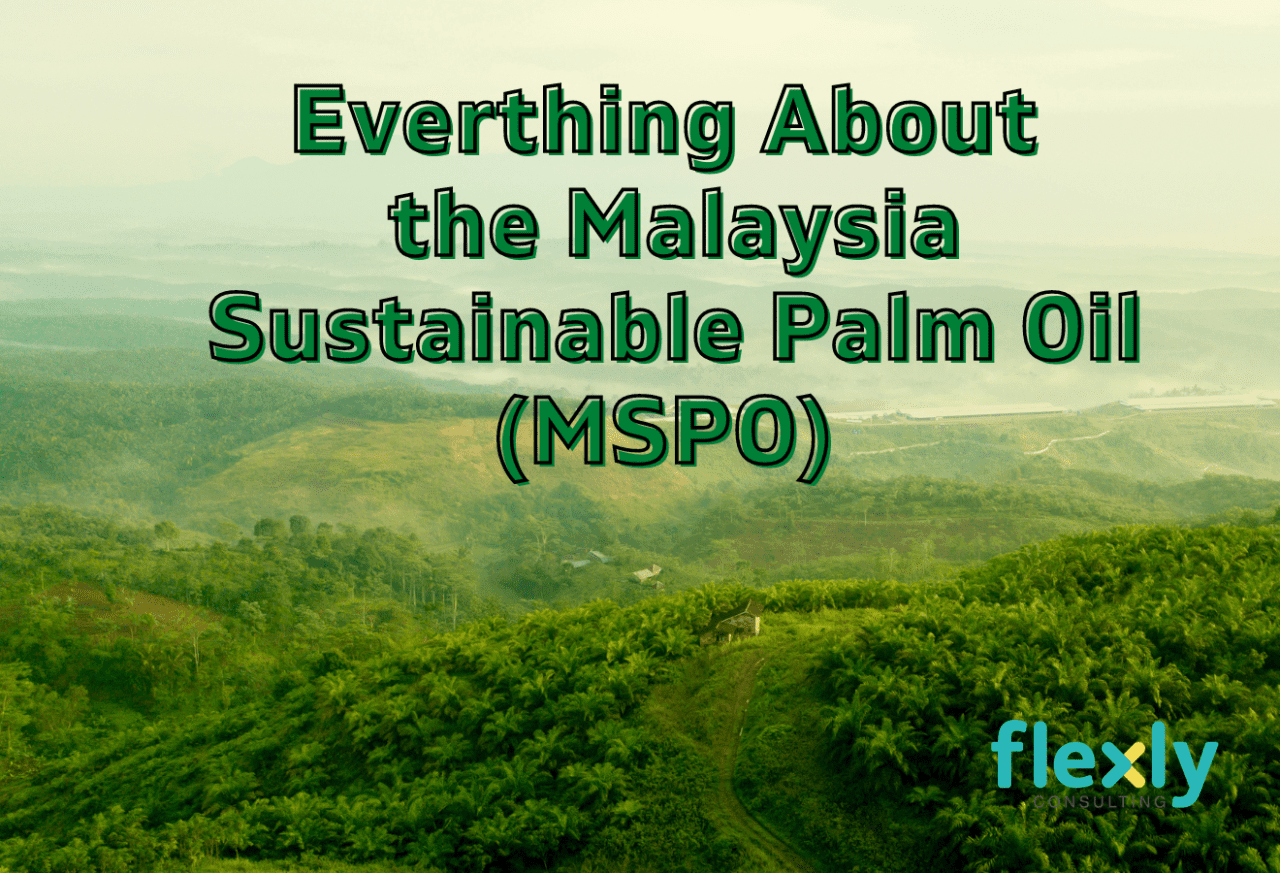Palm oil importing countries are emphasising the importance of sustainable palm oil products. As a result, demand for sustainable palm oil products will continue to grow. In order to ensure that palm oil production meets international sustainability standards, the Malaysian Sustainable Palm Oil (MSPO) certification was launched in 2015. The MSPO is a step toward developing a globally recognised sustainability system and branding Malaysian-owned palm oil as the preferred option for global customers. This expands Malaysian sustainable palm oil’s market access in importing countries.
The Malaysian Palm Oil Board (MPOB) has announced the mandatory implementation of the Malaysian Sustainable Palm Oil (MSPO) standard from 1 January 2020 ensures that the country’s palm oil industry meets international sustainability requirements that cover the entire supply chain, from growers to manufacturers, traders and retailers.
MSPO standard have been established to reflect the realities of the palm oil industry and encourages the adoption of a systematic and integrated approach toward achieving sustainable palm oil production. This certification scheme establishes general principles for sustainable palm oil production that take into account the three pillars of sustainability: people, planet and profit. Therefore, sustainable palm oil production does not involve deforestation, peat cultivation and exploitation of workers as the purpose of MSPO certification is to reduce the social and environmental impact.
The MSPO standards cover seven principles:
The Malaysian Standard (MS) on MSPO provides guidance for the quantification, communication and verification of the seven sustainability principles.
- Management commitment and responsibility
This includes MSPO implementation policy, internal audits based on MSPO requirements, management reviews, and continuous improvement. - Transparency
Premises must provide relevant information required by the MSPO principle in a transparent manner, as well as maintain transparency during communication and consultation. Traceability is to ensure that the product can be traced to sustainable raw materials. - Compliance to legal requirements
Premises shall abide to all regulatory requirements, legal land use rights and customary rights. - Social responsibility, safety and employment conditions
There must be a social impact assessment, complaints and grievances must be addressed, there must be a commitment to contribute to local sustainable development, employees’ health and safety, employment conditions, and training to improve worker competency. - Environment, natural resources, biodiversity and ecosystem services
There should be an environmental management programme, efficiency of energy use and use of renewal energy, waste management and disposal, reduction of pollution and emission, natural water resources, status of rare, threatened or endangered species, high biodiversity value area and zero burning practices. Two issues that most concern of the industry are the greenhouse gas emission and zero burning. - Best practices
Implementation of best practices is a requirement under this principle. These include site management, economic and financial viability plan, transparent and fair pricing deals and also subcontracting of some of the operations to others - Development of new plantings
Some areas are not allowed for planting of agricultural crops. These areas cover high biodiversity values areas, deep peat land and planting on steep terrain and/or on marginal and fragile soils. The company, after conducting social and environmental impact assessment shall ensure that the planting of oil palm does not have negative impact on the surrounding communities; soil survey, carried out, will ensure appropriate agronomic practices are implemented by the plantation; and customary land right demonstrates prior and informed consent.
Conclusion:
The MSPO certification will ensure increased productivity, higher quality yields, and greater access to international markets, resulting in higher incomes, particularly for oil palm growers. Therefore, independent smallholders who have yet to obtain their MSPO certificates are urged to register with MPOB for certification purposes as soon as possible. If they do not register for MSPO certification, they will face legal action, including the revocation of their MPOB licences.



